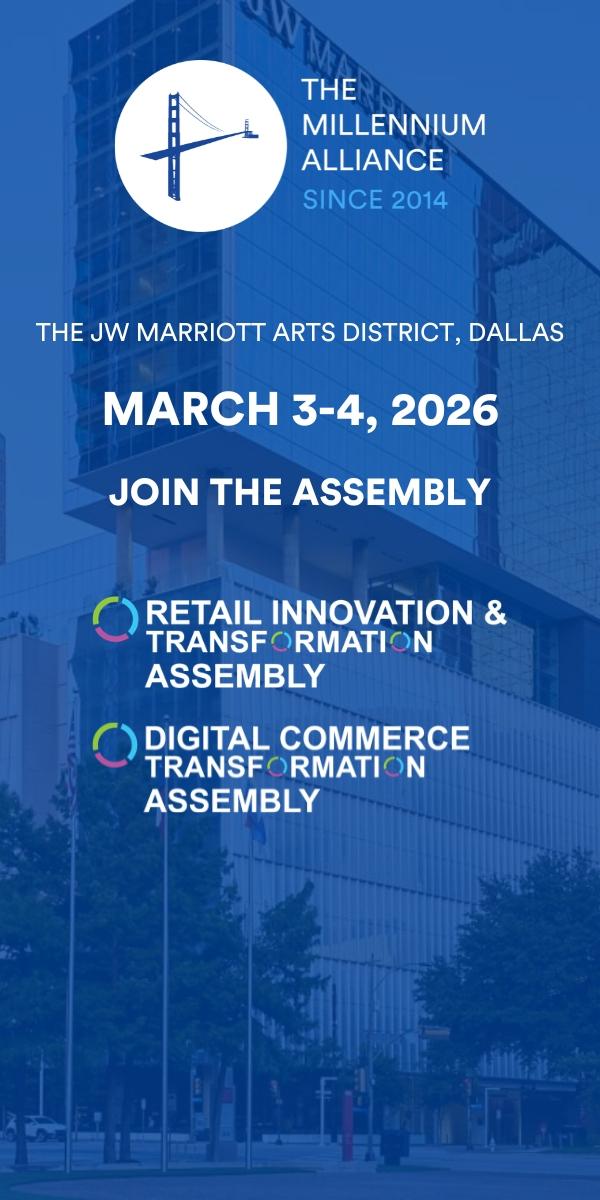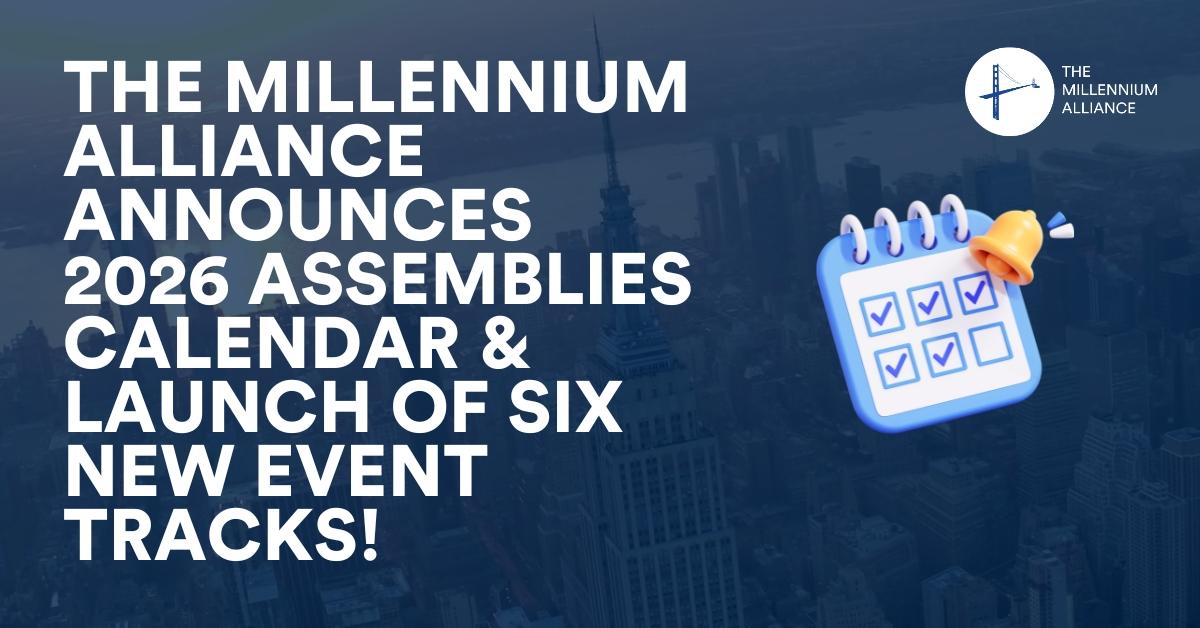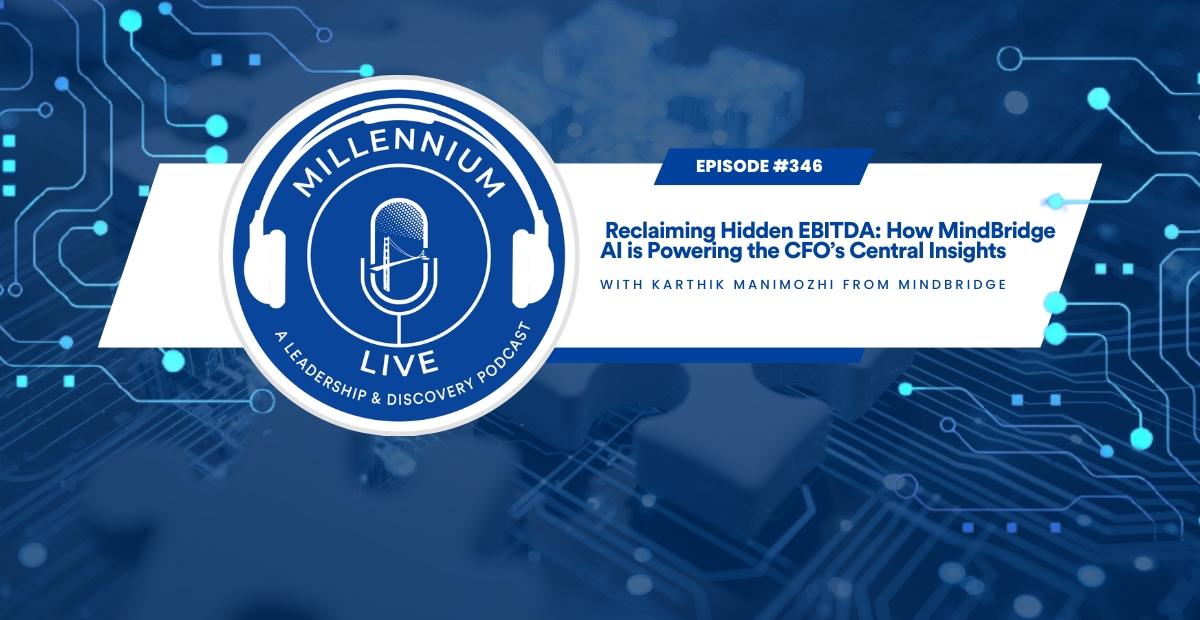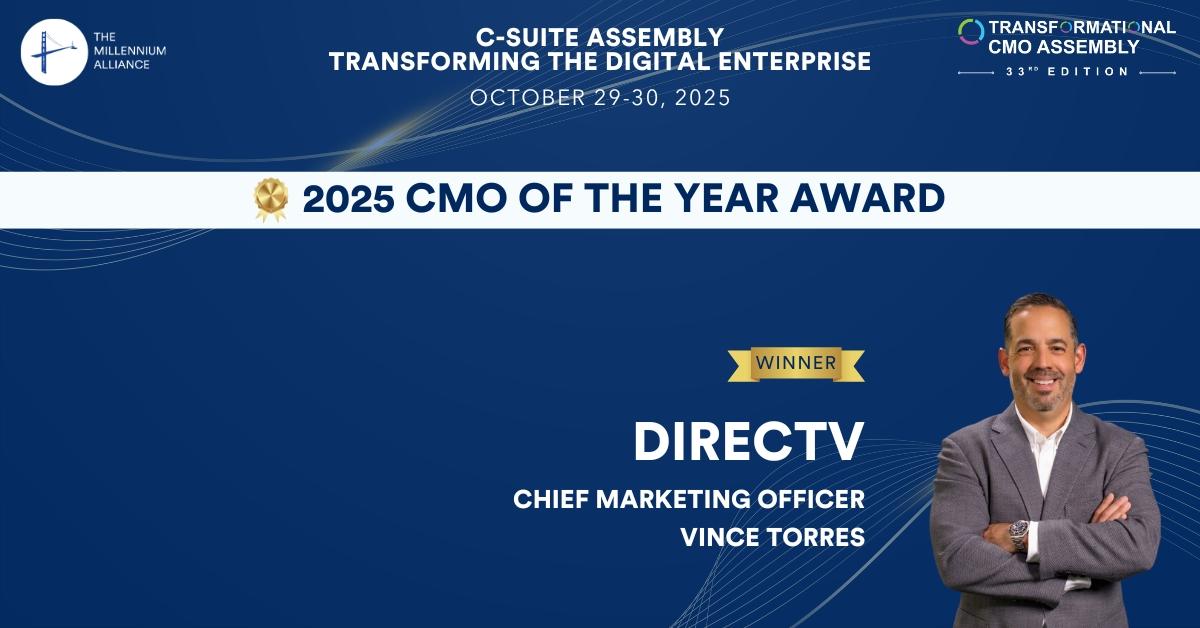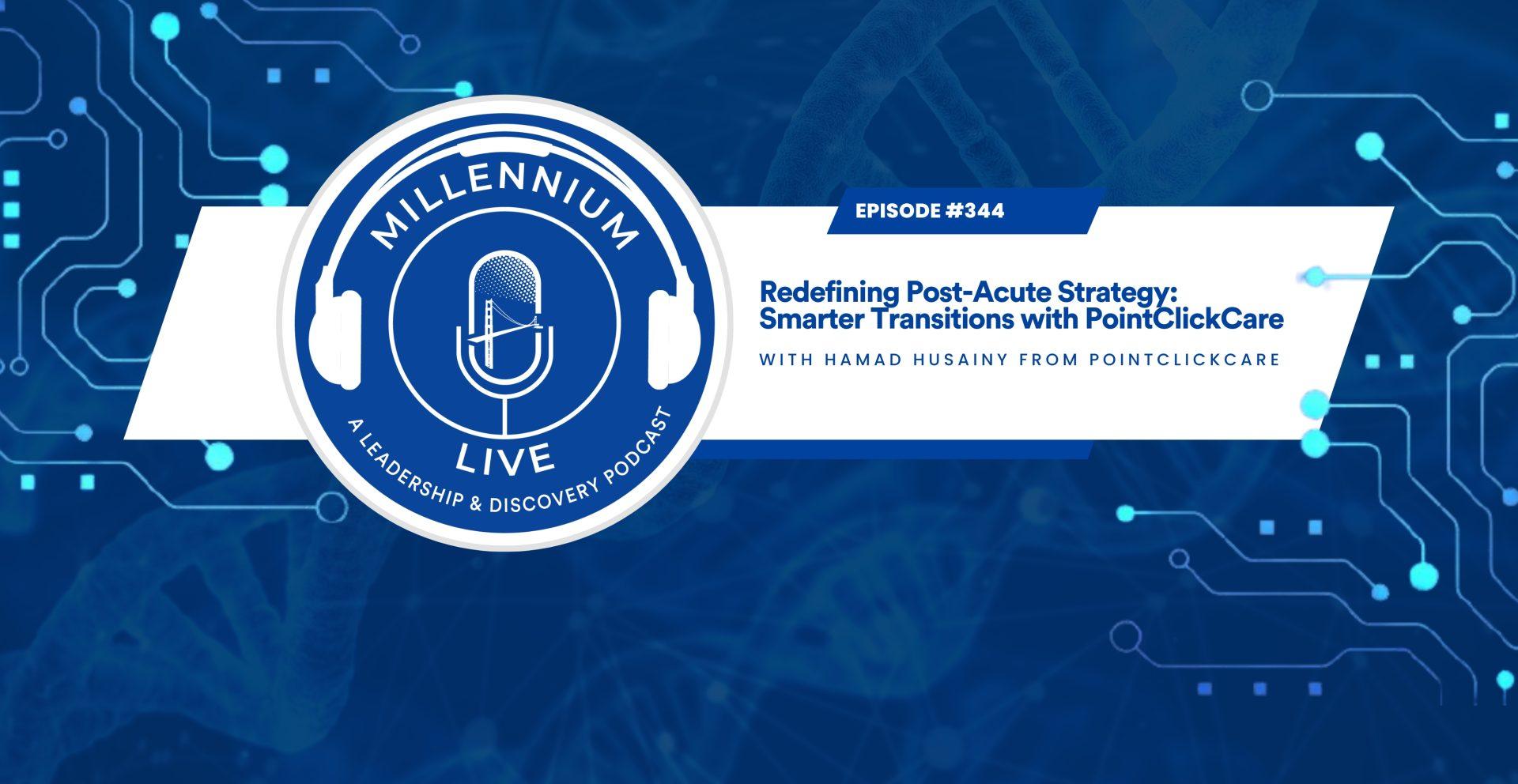2020 was supposed to be the year of experiential marketing. The beginning of a new decade promised a hands-on approach to customer loyalty and brand awareness, but this concept turned out to be more far-fetched than anyone could have predicted. With plans for a reimagined brick and mortar experience derailed by COVID-19, marketers are left to do what marketers do: innovate and adapt.
After years of digitizing the customer experience and bringing the majority of retail business online, many brands planned a revival of brick and mortar stores. By combining the classic in-store experience with new technology like Artificial Intelligence and Virtual Reality, retail brands already began to see success in their experiential efforts. Just as consumers began to embrace the new retail landscape, the entire industry was rocked to its core by the COVID-19 outbreak, shutting doors around the nation and forcing some beloved brands into bankruptcy. The idea of a makeup sampling popup or sharable AI goggles seems like no less than a social distancing nightmare, but that doesn’t mean there aren’t other ways to provide an experience for shoppers.
Just like the retail business itself, COVID-19 has forced customer experience to go virtual. The goal is to create a sort of community for customers online without the face-to-face interaction they would normally expect. One example is Nike, which offered its NTC Premium streaming workout service for free. Zappos opened up a hotline run by customer service employees where callers can talk about “anything”, no purchase necessary. Similarly, skincare brand Khiel’s hosts hour long social media conversations with their beauty advisors. The general theme of these experiences is giving consumers free services and asking nothing in return. If companies are giving things away for free, how do they make money? Well, in these cases, the initiatives are not about short-term revenue streams, but rather nurturing long-term customer relationships and strengthening brand loyalty. These efforts also do not need to end once retail goes back to normal: right now retailers are forced to rely on virtual events, but now that they have the necessary technology in place, they can be an option moving forward as well. However, virtual marketing alone may not be sufficient for brands in the long run. Michelle Collins, founder and president of A Non-Agency, told WWD, virtual marketing “will not replace the depth and multisensory programming we crave as human beings
Regardless of whether brands continue with virtual experiential marketing, stores will open. With social distancing measures in place, many retailers with high-touch business models will have to restrategize to accommodate. For example, instead of leaving makeup testers for customers to try, some beauty brands will give out small samples. Brands that use touch screens for interactive in-store marketing may have to do away with them for a while, or else dedicate one employee to sanitizing the screen after every use. Another option is to utilize smartphone apps so customers can view what would have otherwise been displayed on touchscreens. One big concern as stores reopen is the inevitable crowds not just in stores, but in shopping malls. To combat this, many brands will continue their spending on curbside pickup and free shipping. Taking on these costs can take a serious toll on profit and are not viable in the long run for many companies, but it can strengthen customer relationships and keep businesses afloat during this time.
While the pandemic doesn’t mean the end for experiential marketing, most companies will roll it back for 2020 and possibly even 2021. The brands that were once investing money in new technology for a one-of-a-kind customer experience are now reallocating these funds to rescue their supply chain and other more pressing needs. But, once the retail landscape settles and shopping goes back to normal, brands will be able to market to a consumer base eager for interaction, both in-store and online.
Transformational Retail Assembly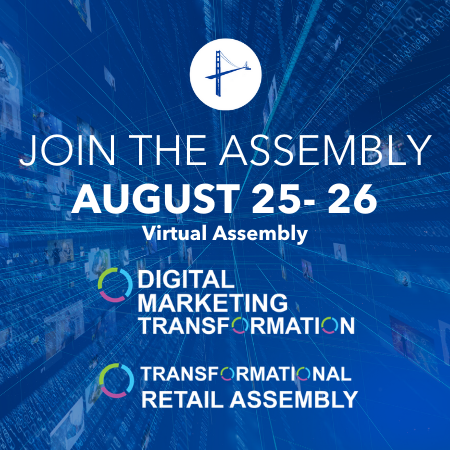
In the midst of a global crisis, innovation and leadership are more important than ever, and The Millennium Alliance is here to facilitate collaboration among industry leaders. We are hosting our Transformational Retail Virtual Assembly to promote Executive Education and Digital Transformation through peer-to-peer connection, thought leadership, and more. We’re excited to open up the lines of communication among industry executives and thought leaders so that we come out of the pandemic smarter, stronger, and more united than ever.
The Transformational Retail Virtual Assembly provides a platform for retail leaders to debate and strategize. With high-level content, disruptive solution providers, and enhanced networking opportunities, this two-day, intimate virtual assembly promises to provide you with the latest retail strategies, technologies, and real-life experiences to take your business to the next level.
Are you interested in becoming a sponsor for this event? Click here today to learn more >>
Are you interested in attending this event? Inquire here today to find out if you qualify for Millennium Membership >>




